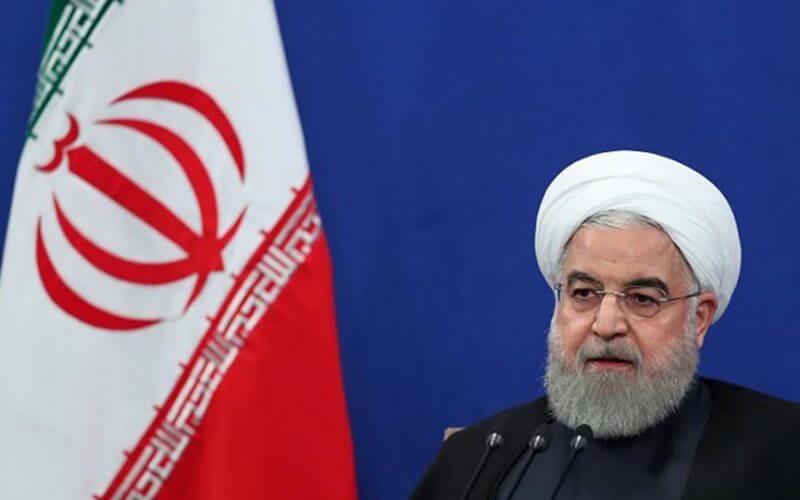The Biden administration is preparing a new proposal to partially lift sanctions on Iran in exchange for the regime to reverse of some of its nuclear deal violations, according to Politico earlier this week; a proposal the regime rapidly shut down before it was even officially offered.
The new proposal would require Iran to reverse its 20 percent uranium enrichment activity along with halting its use of advanced centrifuges for nuclear activity, diverging from the Biden administration’s previous stance that the U.S. would not relieve any sanctions prior to the regime’s full compliance with the JCPOA.
The regime has already deemed these terms unacceptable as it continues to remain firm in its demand that all sanctions be lifted prior to the its reversal of any JCPOA violations.
“No proposal is needed for the US to rejoint the JCPOA,” tweeted the Permanent Mission of the Islamic Republic of Iran to the UN Tuesday, “It only requires a political decision by the US to fully and immediately implement all of its obligations under the accord and abide by UNSCR 2231.”
“While the details of the offer are unclear, any phased approach with the Islamic Republic that begins with sanctions relief or circumscribing previously agreed upon nuclear limits for Iran is destined to fail,” Senior Fellow and Iran scholar at the Foundation for Defense of Democracies (FDD) Behnam Ben Taleblu told The Foreign Desk.
Iran’s “hatred of the U.S. is not a result of the JCPOA walkout on May 8, 2018. This is the most important thing U.S. policymakers must internalize as they craft their new approach to Iran,” said Taleblu.
In a cabinet speech Wednesday, Iran’s President Hassan Rouhani referenced President Biden’s stance on Trump’s “maximum pressure” strategy asking, “Do you agree that Trump was a terrorist? If you don’t, then all your talk is invalid. If you do, then you shouldn’t continue his action for one more second,” Aljazeera reported.
Taleblu said if Biden continues “parading the talking point that maximum pressure can’t deliver” it will only take away from what the administration should really be looking at, which is “ways to expand on the leverage it has inherited and pursue the stronger deal it purportedly desires.”
With Iran’s presidential elections in June, the Biden administration is under pressure to get the regime to budge on negotiations before election season threatens to overtake the focus on reviving the deal.
However, “pursuing a framework to restore JCPOA compliance will not lead to a better or stronger deal,” according to Taleblu, “You cannot erect a house on a faulty foundation.”









